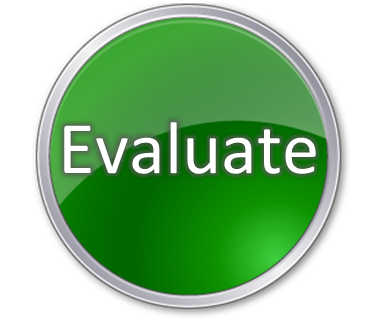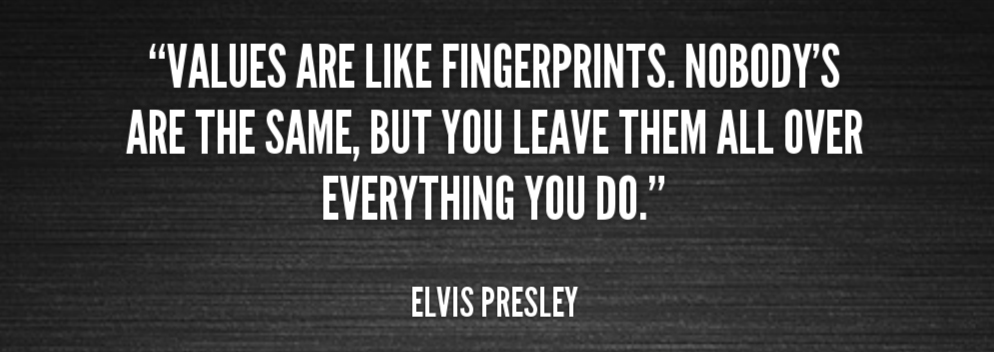
Values
Ensure that your thinking serves your values.

Types of values:
- Individual values: self-interest, ego, status, self-importance, achievement, survival, pleasure, self-indulgence, etc.
- Group values: being accepted by the group, acting as a member of the group, accepting the values of the group, not letting the group down, etc.
- Moral values: ethics, religious values, social custom, general observance of the law, upbringing values, general values of a particular culture (often regarded as absolute but varying much from culture to culture).
- Human values: a general concern for the whole earth and mankind upon it, human rights, ecology, a concern for all living things, the basic human values that transcend cultures.
Analyze your values:
- Label your values that determine action as 'high visibility' values.
- Do any of your values conflict with each other?
- What are the important values perceived by other people involved in the situation?
- Is there a conflict of values between the people involved in the situation?
- Are anyone’s values perceived as being violated? If so, to what degree?
Value-laden words:
Examine the language you are using for value-laden words. Replace any value-laden words in your Problem Statement with words that don’t carry an emotional or judgmental connotation. Also, review the role of value-laden words in your Emotional Thinking and Negative Thinking.
List your values involved in this situation:
